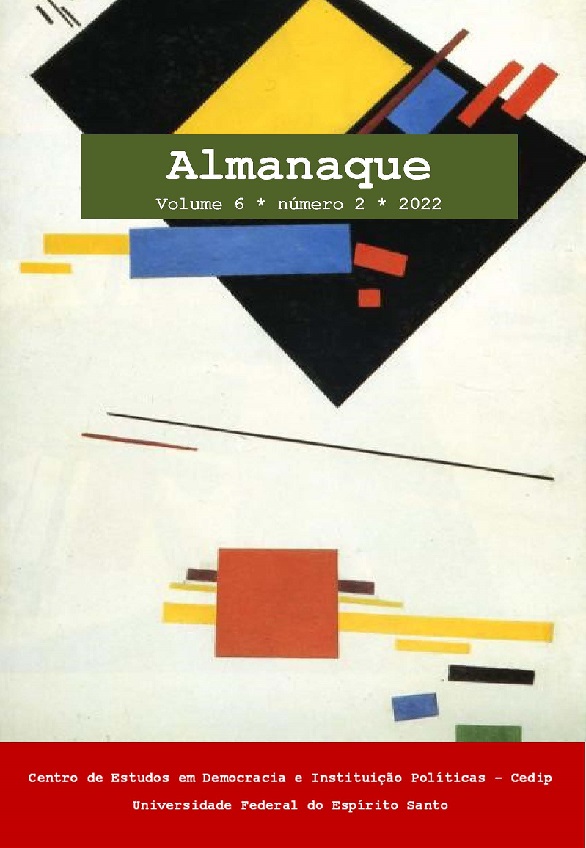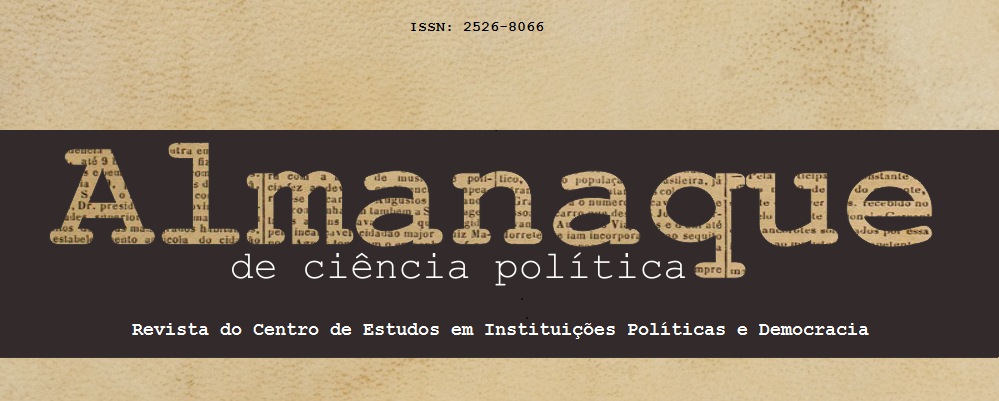As elites políticas na Guiné-Bissau: das grandes jogadas à polarização política
Abstract
This paper analyzes the attitudes of political elites in Guinea-Bissau towards political polarization. Bissau-Guinean political elites have experienced some significant transformations in the recent past with the political opening in 1991, occasioning the emergence of new political parties and the political realignment of their political bases. Political polarization refers to the increase in divergence or the divergence between extremely antagonistic political attitudes. Thus, the emergence of the (new) political elite causes many of the young people with party sentiment to align themselves with their modus operandi in articulating electoral bases, seeking to broaden their political and ideological interests. The political conditions, (such as party position, the electoral system, the composition of the elite itself, etc.) partly determine the political polarization in the country. Have the emergence of new political elites and the (re)positioning of new political parties on the different population spheres contributed to avoid political polarization? For some years, were these elites united during the democratic transition or did they see themselves more as political enemies? This research addresses the questions by reviewing the literature on the subject. This is done by selecting data obtained through the literature search. The research evidences that during the transition and post-transition process, the politics of consensus disappeared with the politics of unanimity being applied in the political arena. However, despite the fact that there is a political discourse based on "national unity," the attitudes of the political elites are so polarized as to influence citizens' behaviors and, therefore, negative sentiment prevails toward the profound changes in the political elites and the party system.
Downloads
Downloads
Published
Issue
Section
License
Proposta de Política para Periódicos de Acesso Livre
Os autores mantém os direitos autorais das ideias contidas nos trabalhos e concedem à revista o direito de publicação. Os autores têm autorização para assumir contratos adicionais separadamente, para distribuição não-exclusiva da versão do trabalho publicada nesta revista (ex.: publicar em repositório institucional ou como capítulo de livro), com reconhecimento de autoria e publicação inicial nesta revista.
Os textos da revista estão licenciados com uma Licença Creative Commons Atribuição-NãoComercial-SemDerivações 4.0 Internacional (CC BY-NC-ND).






